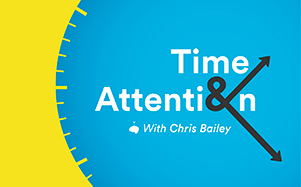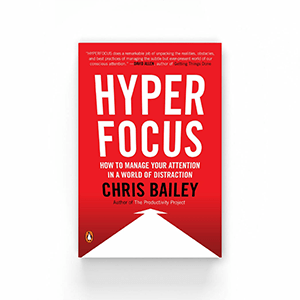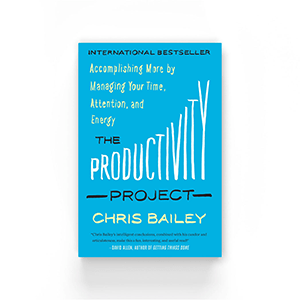Estimated Reading Time: 3 minutes, 0s.

This year marks the 10th anniversary of the iPhone’s launch. It’s incredible how far smartphones have come since then—if you brought a brand new iPhone back in time just 15 or 20 years, it would freak out everyone you showed, and may seem indistinguishable from magic. (Here’s a fun thought experiment: imagine how you’d react if someone from the future showed you how smartphones look 15 years from now.)
What’s also incredible is how deeply we’ve integrated smartphones into our lives over the past decade. If you’re an average person, you ask your phone to do quite a few things. On top of using it as a phone, you might also use it as a camera, alarm clock, social media machine, and email and messaging device. Maybe you’re even reading this very article on your phone (my site analytics show that 54% of people do!).
But despite the fact that we may use our phone for several hours a day, and ask it to be so many things, at the end of the day our phone is just a computer—albeit an immensely intimate one. Most new smartphones are as powerful as personal computers from a few years ago, have the same basic parts as one, cost about as much, and are just as connected—if not more so.
I think it’s time we start treating our phones as computers. That’s important for a few reasons.
During my productivity experiment to use my smartphone for an hour a day for three months, I found that while the device was fully integrated into my life, I didn’t do my most important or meaningful work on my phone. This is an obvious realization—but one we don’t often think about. Most tasks on our phone only skim the surface of the deeper work we’re capable of doing, and while our phone lets us keep in touch with everyone we know, it doesn’t allow us to make deeper, meaningful connections with others.
I started treating my smartphone as a computer since that experiment. In my life, that looks like this:
- I no longer sleep with my phone beside me, or use it as an alarm clock. Instead, I keep it in my home office, alongside my laptop and iPad, and use my Fitbit as my alarm clock.
- I keep my smartphone in my laptop bag when traveling or walking. It’s there with my other electronics, instead of being attached at my hip. (This becomes infinitely easier once you buy Bluetooth headphones!)
- I’ve shut off every sound and vibration notification on my phone (with the exception of phone calls). I don’t want my phone to interrupt me more than my computer does. I deal with new notifications whenever I check the time on my phone, which happens a few times every hour.
- When replacing my old phone, I bought a new device with the largest possible screen so I could get more done on it. The bigger screen motivates me to keep the phone in my bag instead of my pocket. It also lets me read more text, and see more detail in spreadsheets and other documents. I treat my phone as if it’s a mini-tablet.
- I compartmentalize the time periods in which I use my phone—and turn airplane mode on every day between 8 p.m. and 8 a.m.
My iPhone is my absolute favorite device—but at the same time, I know I don’t accomplish my most meaningful and impactful work on it, or connect with people in meaningful ways when I use the thing.
Your smartphone is an immensely personal computer. Start treating it that way.




